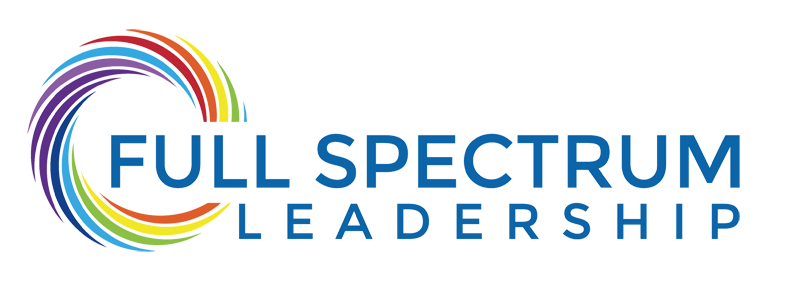The Incredible Power of Choice Part 2:

A Deeper Dive
by Peter Comrie
Choice. A seemingly simple act, yet the ramifications of our decisions shape the trajectory of our lives, societies, and even the world itself. Beneath the surface of every choice lies an intricate web of reasons, impulses, and potential outcomes, highlighting how each decision, no matter how minuscule, holds significant power.
Historical Context of Choice
The concept of choice has been deeply rooted in philosophical, theological, and sociological discussions for millennia. Philosophers like Jean-Paul Sartre proclaimed that humans are “condemned to be free” because every action is a result of choice, emphasizing our inherent responsibility. Meanwhile, theological perspectives often wrestle with free will versus predestination, contemplating the extent of our true freedom in decision-making.
Psychological Foundations of Choice
Neurologically speaking, choices activate a complex network within our brains, involving the prefrontal cortex, which is responsible for planning and decision-making, and the limbic system, which handles emotions. The intricate dance between these two systems highlights how logic and emotion both play pivotal roles in every decision.
Furthermore, our prior experiences, biases, and even our current mood can influence our choices. Someone who’s had a positive experience with taking risks might be more inclined to venture into a new business, while someone else, having faced losses before, might choose security over adventure.
The Domino Effect of Choices
Choices rarely exist in isolation. One decision can set off a chain reaction of events. For instance, choosing to take a different route to work might mean you meet someone who becomes a significant figure in your life, or it might mean you avoid an accident. Even choosing to hit the snooze button can change the course of your day, affecting your mood, productivity, and interactions.
Empowerment and Accountability
Recognizing that we have the power of choice in most situations can be immensely empowering. It means that no matter how dire or constrained our circumstances, there’s usually some aspect we have control over, even if it’s merely our attitude or response.
However, this power comes hand in hand with accountability. If our choices lead to adverse outcomes, it’s on us to take responsibility, learn, and adapt. This loop of choice, consequence, responsibility, and adaptation is how personal growth occurs.
Influences on Choice
While we like to think of ourselves as rational beings, our choices are often influenced by external and internal factors.
Social Influence:
The society we grow up in, our peers, our families—all influence our values, which in turn affect our decisions.
Cognitive Biases:
These are systematic patterns of deviation from norm or rationality in judgment, causing us to make irrational choices. For example, confirmation bias might lead us to take decisions that confirm our pre-existing beliefs, even if they’re flawed.
Emotions:
Our emotional state can significantly impact our decisions. Ever noticed how we might make impulsive purchases when we’re upset? That’s emotions at play.
Choice and Identity
The choices we make, over time, culminate to form our identity. Consistently choosing honesty over deceit, hard work over shortcuts, or kindness over indifference contributes to our self-perception and how the world perceives us. Thus, our choices become a medium through which we express our values and beliefs.
Limitations and Illusions of Choice
It’s crucial to recognize that not everyone has the same breadth of choices available. Socioeconomic status, education, health, and countless other factors can limit one’s options.
Furthermore, sometimes we operate under the illusion of choice. For instance, having a plethora of brands to choose from might seem like a genuine choice, but if they’re all owned by a single conglomerate, is it really?
Harnessing the Power of Choice
To truly leverage the power of choice.
Self-awareness:
Continuously observe and understand what drives your decisions. Recognize biases and try to make more informed choices.
Educate Yourself:
The more you know, the broader the range of choices available to you.
Weigh Consequences:
Consider not just the immediate results of your choice but the long-term implications.
Practice Mindfulness:
Being present helps in making choices that align with our core values rather than being mere reactions to external stimuli.
Accept Mistakes:
Missteps are inevitable. Accept them, learn from them, and use the lessons to make better choices in the future.
To Wrap Up
Choice is a formidable power that shapes individuals and societies. It’s at the heart of freedom, responsibility, and growth.
By understanding its nuances, implications, and influences, we can harness its power more effectively, crafting a life of purpose and meaning—one decision at a time.
Let me know your thoughts in the comments section below.

Leave a Reply
You must be logged in to post a comment.